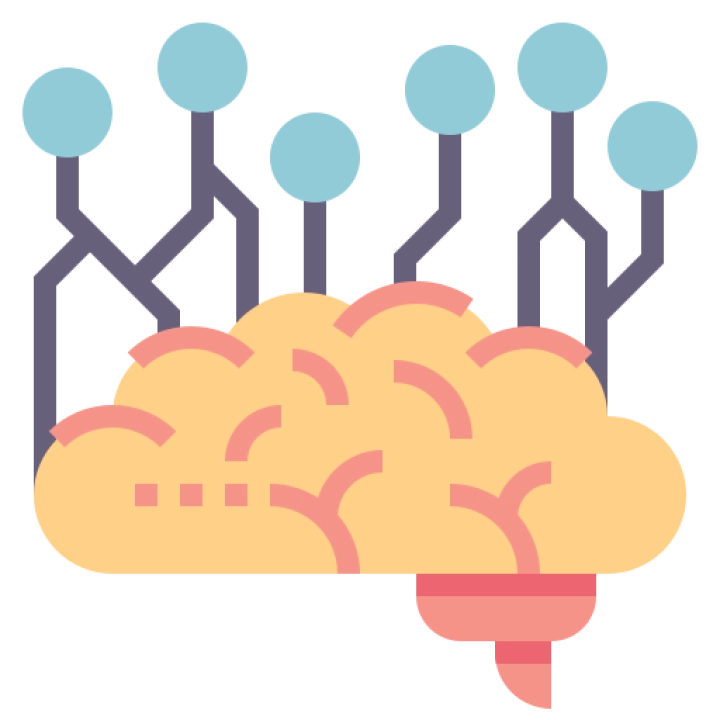College: Graduate School of Health Sciences
Neuroscience Major
The neuroscience major focuses on the scientific study of the nervous system, including the brain, spinal cord, and peripheral nerves. Students gain skills in neuroscience, neurochemistry, neurophysiology, cognitive neuroscience, and behavioral neuroscience, preparing them for careers in research, healthcare, pharmaceuticals, and related fields.
Learning Objectives:
- Understand the structure and function of the nervous system.
- Develop skills in neuroscience and neurochemistry.
- Learn techniques in neurophysiology and electrophysiology.
- Explore cognitive and behavioral neuroscience.
- Analyze neuroimaging and brain mapping techniques.
- Develop critical thinking, experimental design, and data analysis skills.
- Understand neurological disorders and neuropharmacology.
Main Curriculum:
- Introduction to Neuroscience - Overview of neuroscience, the nervous system, and its functions.
- Neuroscience - Study of cellular and molecular biology of the nervous system.
- Neurochemistry - Principles of neurochemistry, neurotransmitters, and chemical signaling in the nervous system.
- Neurophysiology - Study of physiological processes and electrical activity in the nervous system.
- Cognitive Neuroscience - Exploration of neural mechanisms underlying cognition, perception, and memory.
- Behavioral Neuroscience - Study of the neural basis of behavior, emotion, and motivation.
- Neuroimaging and Brain Mapping - Techniques for imaging and mapping the brain and nervous system.
- Neurological Disorders - Understanding neurological disorders, their causes, and treatment options.
- Neuropharmacology - Study of the effects of drugs on the nervous system and treatment of neurological disorders.
- Research Methods in Neuroscience - Techniques for designing and conducting neuroscience research, data collection, and analysis.
- Practical Training - Real-world experiences in neuroscience settings, such as research labs, healthcare facilities, or pharmaceutical companies.
- Capstone Project - Comprehensive project applying neuroscience skills, such as conducting a research study, developing a neuroimaging protocol, or analyzing a neurological disorder.
Assessment Methods:
Reports on neuroscience and neurochemistry, neurophysiology and electrophysiology lab reports, cognitive neuroscience projects, behavioral neuroscience studies, neuroimaging and brain mapping analyses, neurological disorder case studies, neuropharmacology research projects, research methods in neuroscience reports, internship reports, capstone projects, group projects, and presentations.
Recommended Textbooks:
- "Introduction to Neuroscience" by various authors.
- "Neuroscience" by various authors.
- "Neurochemistry" by various authors.
- "Neurophysiology" by various authors.
- "Cognitive Neuroscience" by various authors.
- "Behavioral Neuroscience" by various authors.
- "Neuroimaging and Brain Mapping" by various authors.
- "Neurological Disorders" by various authors.
- "Neuropharmacology" by various authors.
- "Research Methods in Neuroscience" by various authors.
Prerequisites:
Basic knowledge of biology, chemistry, and physics, and an interest in the nervous system and neuroscience research.
Duration of the Major:
Typically 4 years for a bachelor's degree or 2 years for a master's degree in neuroscience. A Ph.D. in neuroscience typically takes 4 to 6 years.
Certification:
While there are no specific certifications in neuroscience, graduates may obtain other academic qualifications such as a Ph.D. in neuroscience. Professional certifications in related fields like neuroimaging or neuropsychology may also be relevant.
Target Audience:
Aspiring neuroscientists, researchers, healthcare professionals, pharmacologists, and professionals seeking to work in research institutions, healthcare facilities, pharmaceutical companies, biotechnology firms, and related fields. This major equips students with the scientific and experimental skills necessary to excel in neuroscience, supporting careers in various roles within research, healthcare, pharmaceuticals, and related fields.





